
Refill solutions have been established in the Japanese market for years now. At the consumer goods manufacturer, Kao, 80 per cent of the detergent, cleaning and body care products sold are already packaged in refill pouches made of thin film material. What is well accepted by consumers in Japan could also work in Germany and Europe.
Established refill market in Japan
„What we can learn from the refill market in Japan is that we all – manufacturers, retailers and consumers – need to work together to create real change and that we need to address consumers‘ needs in the right way. Whether it is to reduce, replace, reuse or recycle plastic: When we develop new packaging solutions, we need to focus on making them simple, practical and attractive for consumers and communicating that added value.“Dave Munez, Senior Vice President ESG at Kao
Refill packaging increasingly also in the portfolio in Europe
„Sustainable, long-term and consistent innovation in refill packaging design and consumer value has been instrumental in driving the refill market in Japan. Together with partnership support and clear communication of customer added value, this has created a successful model in Japan that can also work in other regions, such as Germany and Europe.“
Dave Muenz
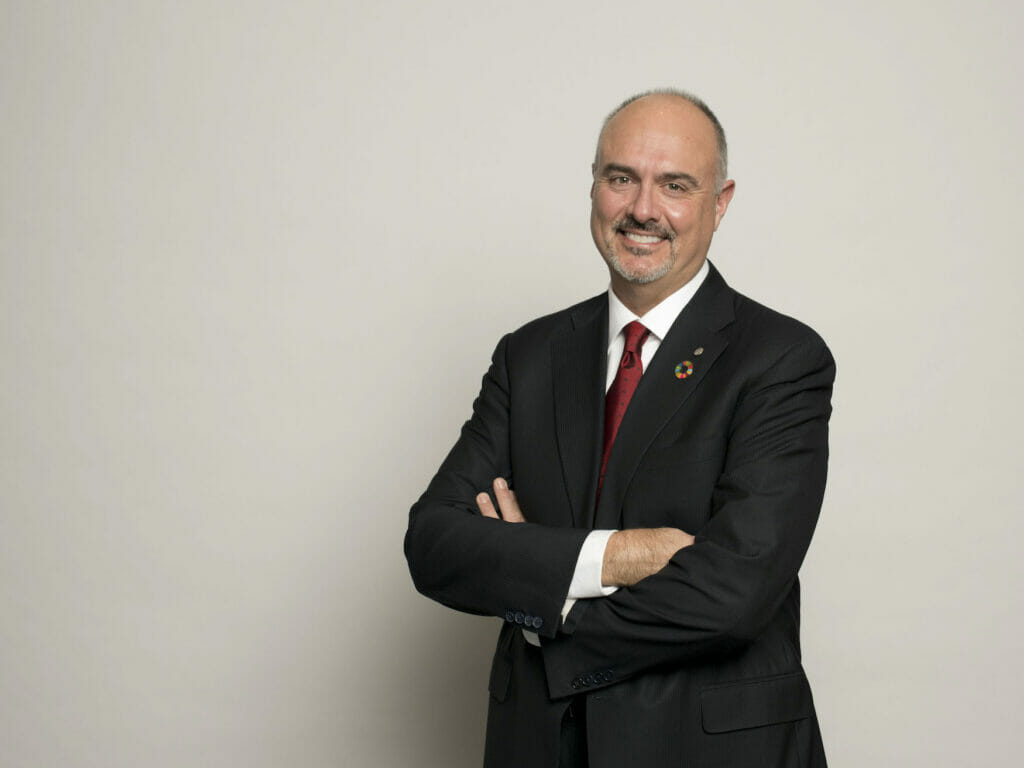
Kao is therefore increasingly using the experience gained in Japan for packaging development in the western markets. In Europe, the portfolio of the Japanese consumer goods manufacturer includes beauty brands such as Goldwell, John Frieda, Guhl and the British luxury brand, Molton Brown. Plastic reduction is being driven in all three business units – the Kao Salon Division, the Consumer Care Business and Molton Brown. For example, flexible packaging solutions have been developed for the Goldwell and Oribe salon brands. According to the company, 80 per cent less plastic is needed to produce the stand-up pouches of Goldwell Light Dimensions Silklift, they generate 85 per cent less waste and cause 65 per cent less CO2 emissions compared to the previously used packaging.
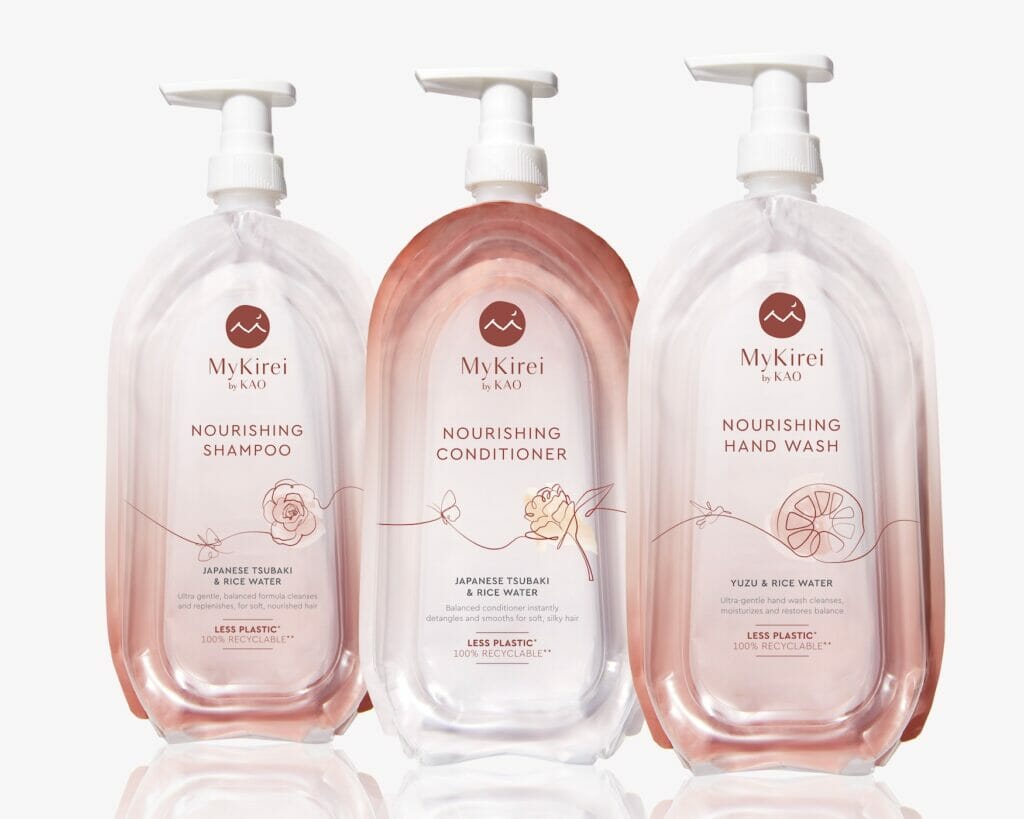
Kao’s consumer care business is also focusing more on plastic reduction. The latest developments include the patented Air Bottle, a flexible packaging in which stabilising air chambers ensure that thinner-walled films can be used – thus the refill bag even becomes the primary packaging. It is used, for example, in the Japanese-inspired lifestyle brand, MyKirei by Kao, which has already been launched in the USA.
As part of Kao’s Zero Waste commitment, the use of PCR (polyethylene terephthalate) material, recyclability and reuse of packaging play a major role alongside the reduction of plastic in all business areas. This is also the case for the British luxury brand, Molton Brown.
Perfume refill service
Molton Brown switched all 300-millilitre bottles to 50 per cent recycled PET last year, drastically reducing the use of virgin granules. The brand has also launched a refill programme that includes hand soap refills and refillable glass bottles. In the UK, Molton Brown also offers a refill service for its original perfume bottles. And the new Signature Dispenser for body and hair care collections in the hotel sector – the latest addition to the brand’s refill programme – also functions as a refill pack. Where plastic bottles are still used, UK consumers can recycle them as part of the „Return. Recycle. Reward.“ programme and receive a 10 per cent discount on their next purchase.
„By doing so, we take responsibility for the journey our products take to reach consumers‘ hands and are proud to be among the first luxury beauty brands to commit to ensuring that luxury and sustainability go hand in hand.“
Mark Johnson, Global President of Molton Brown
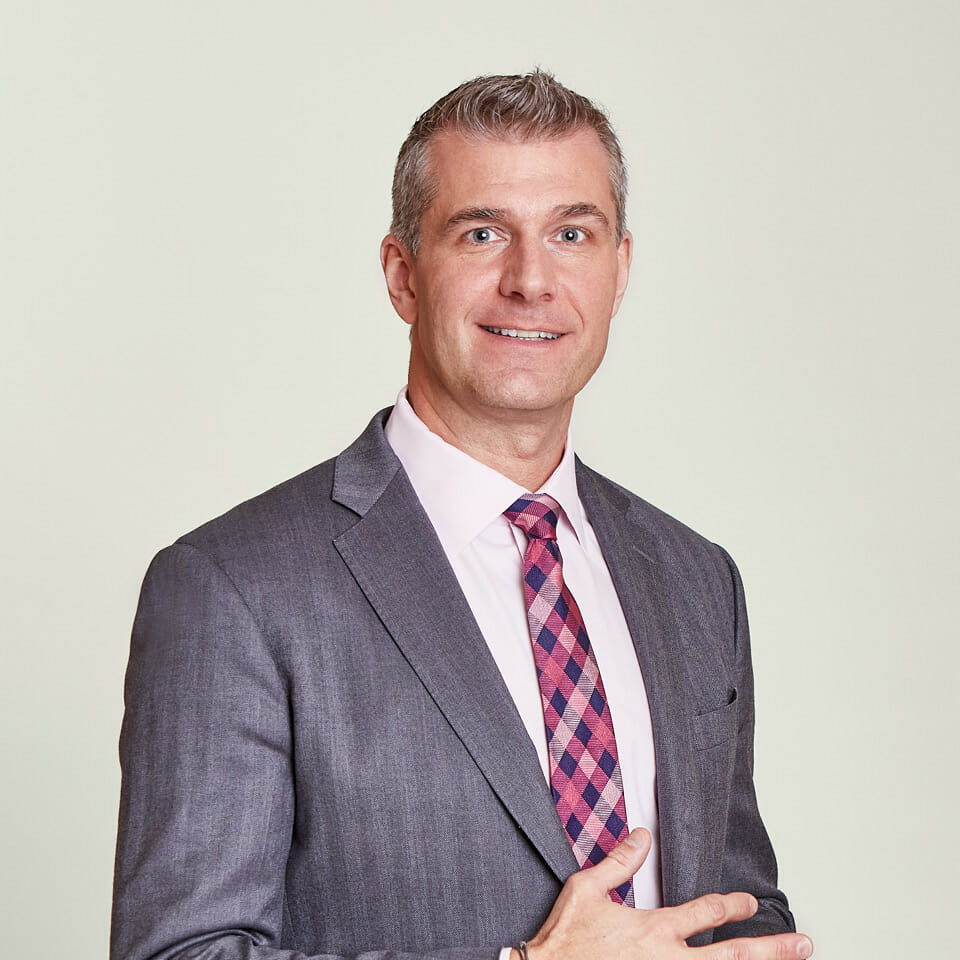
The Japanese way to more sustainability
In Europe, Kao has set itself the goal of producing half of all plastic packaging from recycled or bio-based materials by 2025. The packaging should then be designed to be recyclable or reusable. In addition, all unnecessary secondary packaging is to be eliminated and all necessary secondary packaging is to be made from 100 per cent recycled paper.
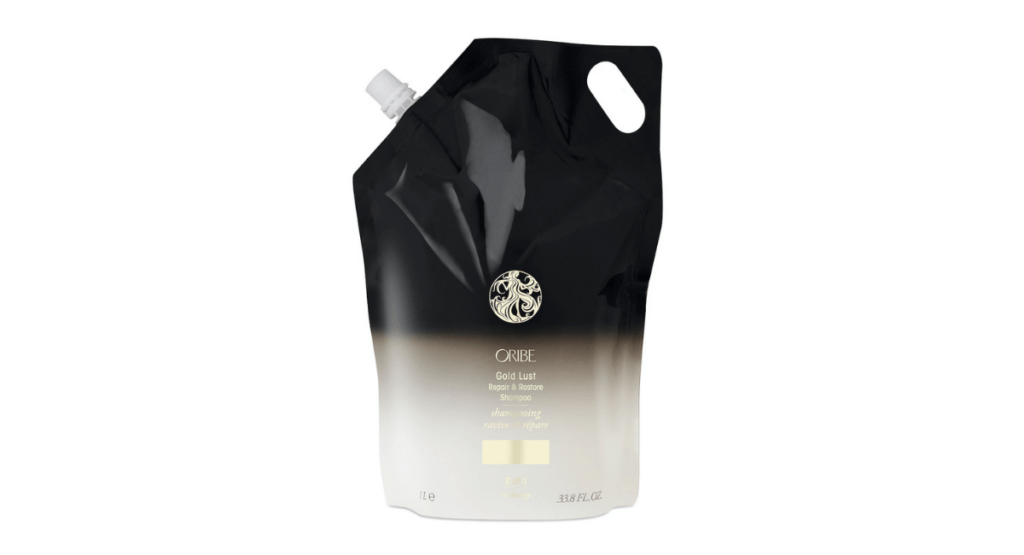
The targeted measures are part of Kao’s global ESG (Environmental, Social and Governance) strategy, the so-called Kirei Lifestyle Plan. The Japanese word „Kirei“ describes something that is clean, orderly and beautiful. As an integral part of corporate governance, the strategy aims not only to accelerate growth, but also to increasingly offer products and services that add value for consumers and society.
Kao was founded in 1887 by Tomiro Nagase. Its first product was Kao Sekken (Japanese for „face soap“), the first affordable face soap, which gave the company its name. Today, the company employs over 33,000 people, operates in more than 100 countries and has annual sales of around eleven billion euros (2020). In Europe, around 136 million products are manufactured annually in two climate-neutral production facilities (UK and Germany).
Weitere Meldungen aus dem Magazin

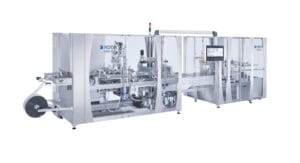
Ampel beugt Engpässen vor
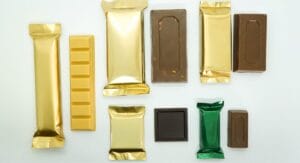
Drei Anwendungen, eine Lösung
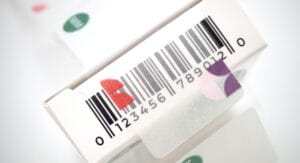
Transluzente Papier-Siegeletiketten für die Pharmaverpackung

Verpackungsmaschinenbauer im Flow






